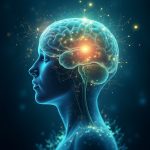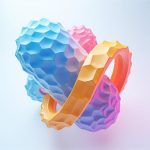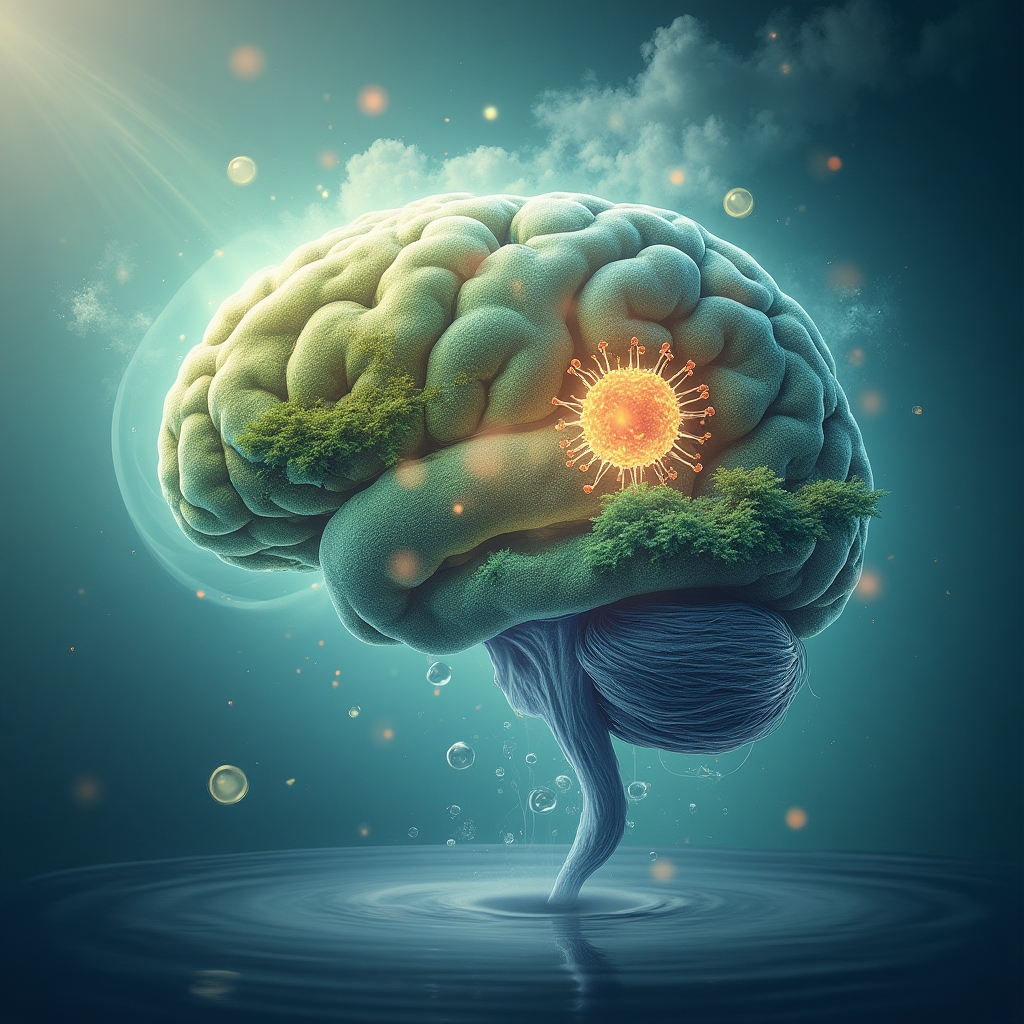The battle against Post-Traumatic Stress Disorder (PTSD) has been a long and challenging one. For countless individuals, PTSD manifests as an insidious thief, robbing them of peace and stability. But now, a novel discovery offers a promising solution for those suffering from this relentless condition.
iN SUMMARY
- 🧠 Excess GABA from astrocytes, not neurons, could be the key driver of PTSD.
- 💊 A new drug, KDS2010, aims to reverse this chemical imbalance.
- 🧫 Human trials are underway, showing potential for life-changing therapy.
- 🔬 This approach may revolutionize how we treat fear-based disorders.
Unravelling the Mystery of PTSD
According to researchers, PTSD, traditionally associated with traumatic experiences, may actually have deeper biochemical roots. The condition is not merely about what happened in the past, but what continues to echo in the minds of sufferers every day.
For many years, treatments targeted neurons as the primary site of action. But recent findings indicate that it's the astrocytes, a type of glial cell in the brain, producing excess GABA—a neurotransmitter—that could be at the heart of the disorder. This imbalance inhibits the brain's mechanism to forget or diminish fear, locking sufferers in a continuous loop of trauma.
Introducing KDS2010: A New Kind of Treatment
Enter KDS2010, a drug showing remarkable promise in early studies. By targeting and moderating the GABA production in astrocytes, KDS2010 helps restore a healthier brain environment, enabling patients to weaken the hold of their traumatic memories. In mice, this adjustment has marked a significant shift in behavior and memory processing as shown in recent studies.
Currently undergoing human trials, this drug offers hope to millions who have felt enslaved by the shadows of their past traumatic experiences. As the trials progress, the medical community waits with bated breath, hoping for the dawn of a new era in PTSD treatment.
How It Works
The innovation behind KDS2010 lies in its ability to specifically target the astrocytic GABA without affecting other crucial neurotransmitter systems. Unlike some traditional medications that come with a plethora of side effects, KDS2010 is designed to minimize disruption, offering a cleaner, more precise therapy.
| Mechanism | Impact |
|---|---|
| Targets Astrocyte GABA | Reduces fear retention |
| Non-invasive | Lessens side effects |
| Supports memory processing | Improves cognitive flexibility |
The Road Ahead
As we await more comprehensive results from continuing trials, cities like Toronto and New York are keenly watching the developments of KDS2010, hoping it marks a significant breakthrough against PTSD.
Join the Conversation
What do you think about this potential breakthrough in PTSD treatment? Could KDS2010 be the solution many have been waiting for? We would love to hear your thoughts. Join the conversation and become part of the iNthacity community by sharing your insights, and maybe applying to become a resident of this "Shining City on the Web". Let’s together explore the boundaries of healing and resilience.
Hope is a powerful thing. As many face their battles against PTSD, there’s comfort in the promise of scientific advancements like KDS2010 leading to brighter tomorrows.
Disclaimer: This article may contain affiliate links. If you click on these links and make a purchase, we may receive a commission at no additional cost to you. Our recommendations and reviews are always independent and objective, aiming to provide you with the best information and resources.
Get Exclusive Stories, Photos, Art & Offers - Subscribe Today!
























Post Comment
You must be logged in to post a comment.